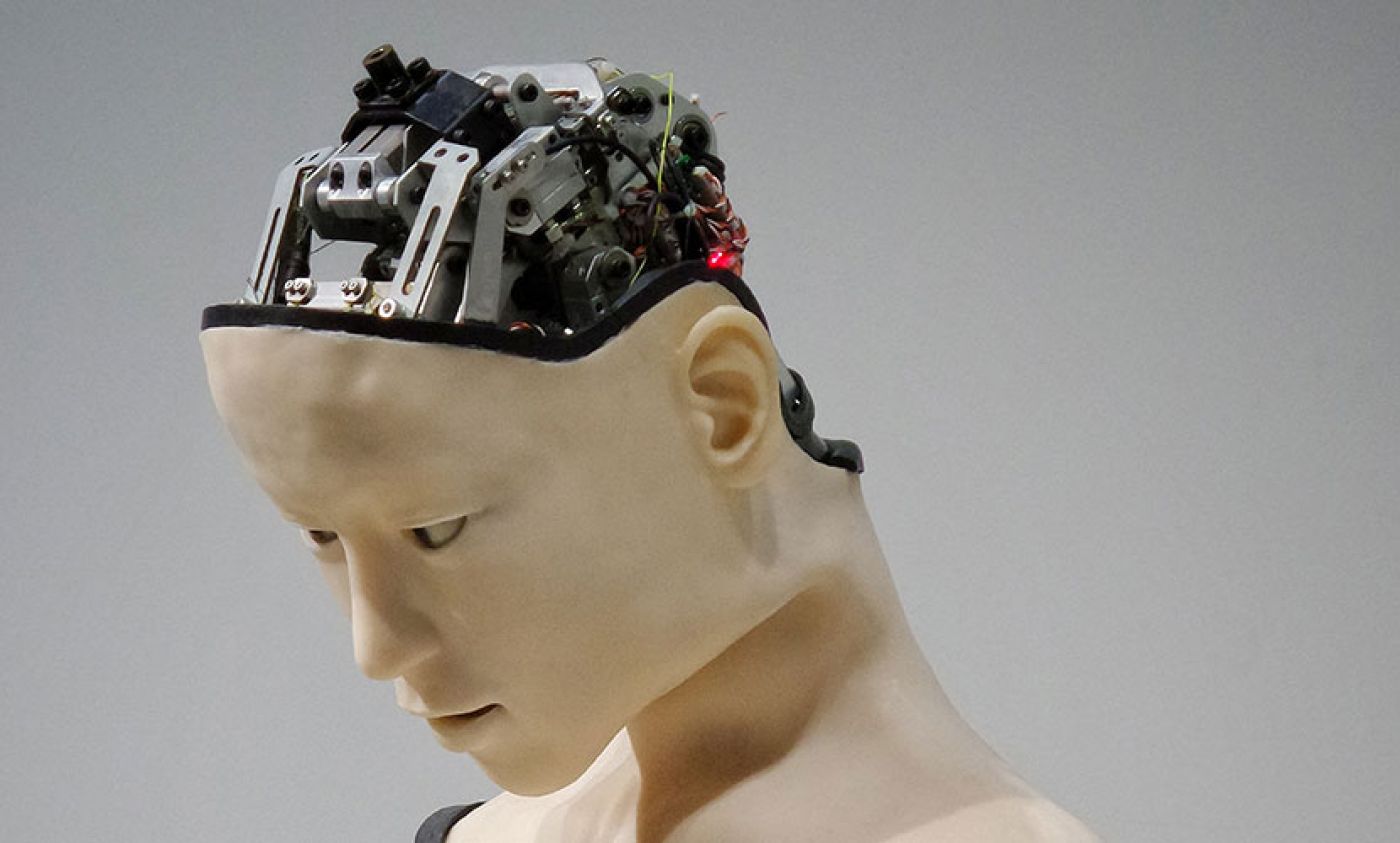Why Universal Basic Income Will Not Work
Author: | Category: Business | Economics | Date: 11-11-2019

Universal Basic Income, or UBI, is an idea that has been promoted by “progressive” capitalists who are not interested in fundamental structural changes. Instead, they advocate glitzy band aids slapped on gushing wounds, believing that such measures would alleviate serious problems like the extreme income inequality that plagues many developed countries.
There have been a few real-life experiments with UBI schemes. Most of these experiments show that it only works in improving wellbeing among extremely impoverished groups in third world countries. Even the well-received “Alaska Fund” that has been giving out $1600 in dividends to each adult and child in Alaska supports the finding that positive impacts are mostly limited to impoverished groups—in this case, rural indigenous Alaskans. Moreover, the Alaska Fund payouts have done nothing to reduce child poverty, much less reduce overall income inequality.
The cost of UBI programs is very high as most estimates show that these payments will constitute 20 to 30% of a country’s GDP—this is money that can be put to much better use in establishing sustainable programs that will pave the way for jobs that pay family-supporting wages.
Finally, there are some clear negative consequences of adopting University Basic Income programs: UBIs will divert attention away from programs such as infrastructure projects offering family-sustaining incomes and the urgent need to reform social safety nets, strengthen unions, regulate the power of large monopolies, help small business, and improve public education/public services.
Instead of the minimal government handouts from UBI, most people would prefer the sustainability and dignity of well-paying jobs over which they have a degree of control. (more)
SHARE THIS NOW
Comment:
Find Us
Opinions Debate Categories
Compose A OpinionsNew Opinions
Automation is Not the Main Reason for Low Wages and Job Loss
Category: Business
Don’t Blame the Robots for Manufacturing Job Losses in U.S.
Category: Business





